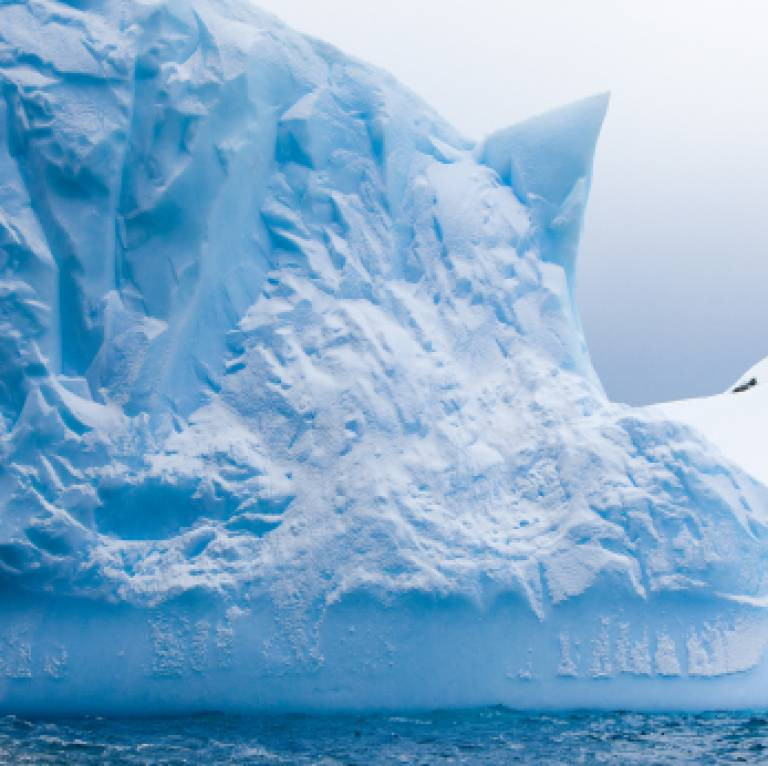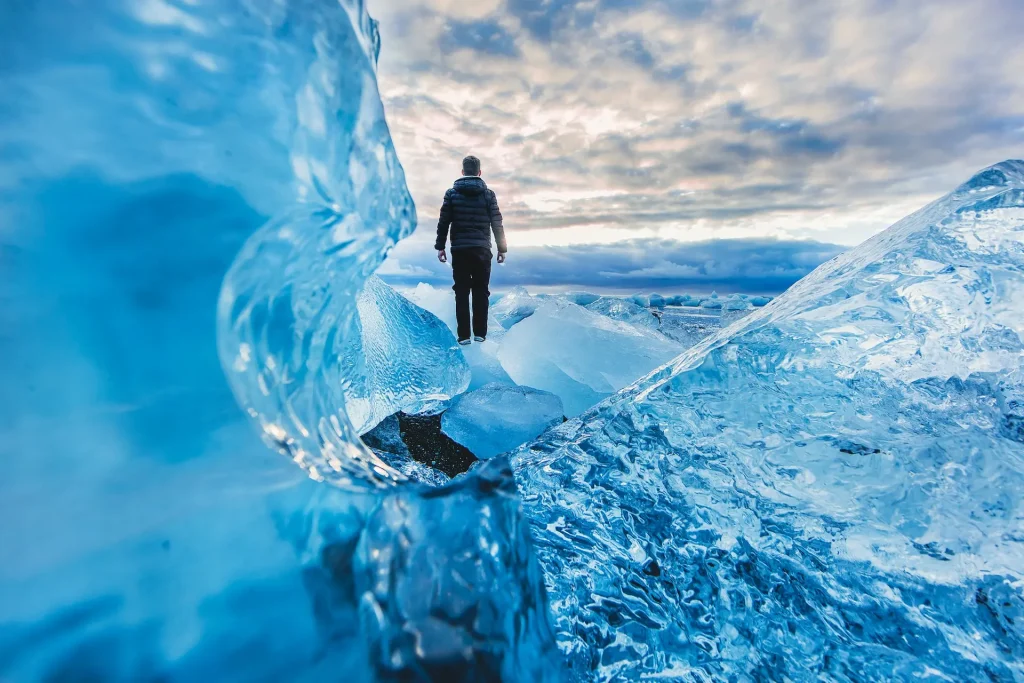Many people know that Earth has gone through several ice ages in the past. These were long periods when big parts of the planet were covered in ice.
Scientists once predicted that the next ice age would happen soon. But recent studies show that climate change is delaying it. Let’s take a look at what the next ice age is and how human activity is stopping it from happening for a long time.
What is an Ice Age?
An ice age is a time in Earth’s history when temperatures drop, and huge sheets of ice cover much of the land. During ice ages, the planet becomes too cold for many types of life to survive. Ice ages last for tens of thousands of years or more. The most recent ice age ended about 10,000 years ago.

The Natural Cycle of Ice Ages
Normally, ice ages happen as part of a natural cycle. Changes in Earth’s orbit and angle are the main causes of ice ages. The Earth’s orbit isn’t a perfect circle; it shifts between being more round and more oval. These changes affect how much sunlight Earth gets, especially in the northern regions where ice sheets form.
The Earth also leans on its axis. This lean affects how sunlight hits the planet. Over long periods of time, these changes in Earth’s orbit and lean can cause the planet to cool, leading to ice sheets forming over continents.
When Would the Next Ice Age Have Arrived?
Without any human influence, scientists believe the next ice age would have started in about 10,000 to 15,000 years. This is based on the natural cycles of Earth’s orbit and tilt, which usually lead to cooler temperatures over time. But climate change is stopping this from happening.

How Climate Change is Stopping the Ice Age
Human activities, like burning coal, oil, and gas, are releasing a lot of carbon dioxide (CO2) into the air. CO2 is a greenhouse gas, which means it traps heat in the atmosphere and makes the planet warmer. This warming is causing global temperatures to rise.
Because of human-caused warming, scientists believe the next ice age is not likely to come for tens of thousands of years. Instead of getting colder, Earth is becoming warmer, which delays the natural cycle that would bring about the next ice age.
A New “Normal” for Earth’s Climate
One reason Earth isn’t cooling is because of the large amount of carbon dioxide humans have added to the atmosphere. This is causing the planet’s average temperature to rise steadily. Without the impact of climate change, Earth would have started to cool down naturally in the coming millennia. But now, Earth is heading in the opposite direction and getting warmer.
Some scientists say we are now in a “new normal” climate. This means the planet may never go back to the conditions that would lead to an ice age. This shift is caused by long-term effects of burning fossil fuels and cutting down trees, both of which release gases that trap heat in the atmosphere.

What Does This Mean for the Future?
Since Earth is not cooling as expected, the future could look very different. The delay of the ice age means the Earth will continue to get warmer for a much longer time. This could lead to problems like more extreme weather, rising sea levels, and the loss of ecosystems that need cooler conditions.
Scientists are now focused on how we can adjust to this warmer world. While human activity has delayed the natural ice age, we must now face the challenges of a warming planet. The best way to avoid even more damage is to reduce global warming and work on cutting down carbon emissions.
What Can We Do to Prevent Further Damage?
To avoid the worst effects of climate change, experts agree that we need to take action. Some ways to do this are:
- Reduce Carbon Emissions – Switching to clean energy sources like wind and solar can help cut down the amount of CO2 in the air.
- Adopt Sustainable Practices – Protecting forests, using less energy, and recycling more can also help reduce greenhouse gases.
- Invest in Climate Adaptation – Preparing for the effects of climate change, like flooding and extreme heat, will help communities adapt to a warmer world.
